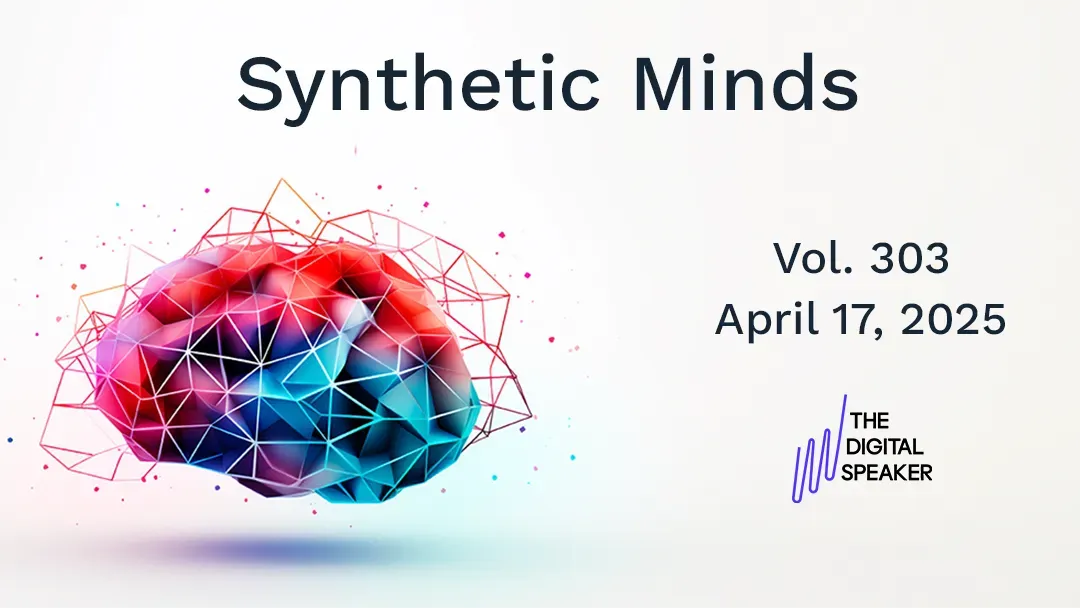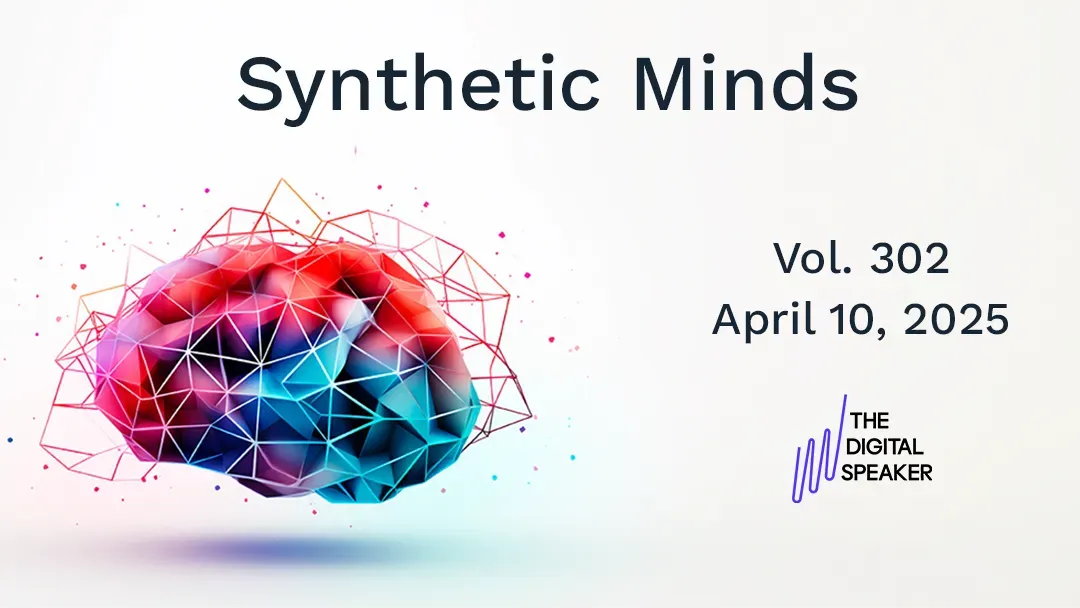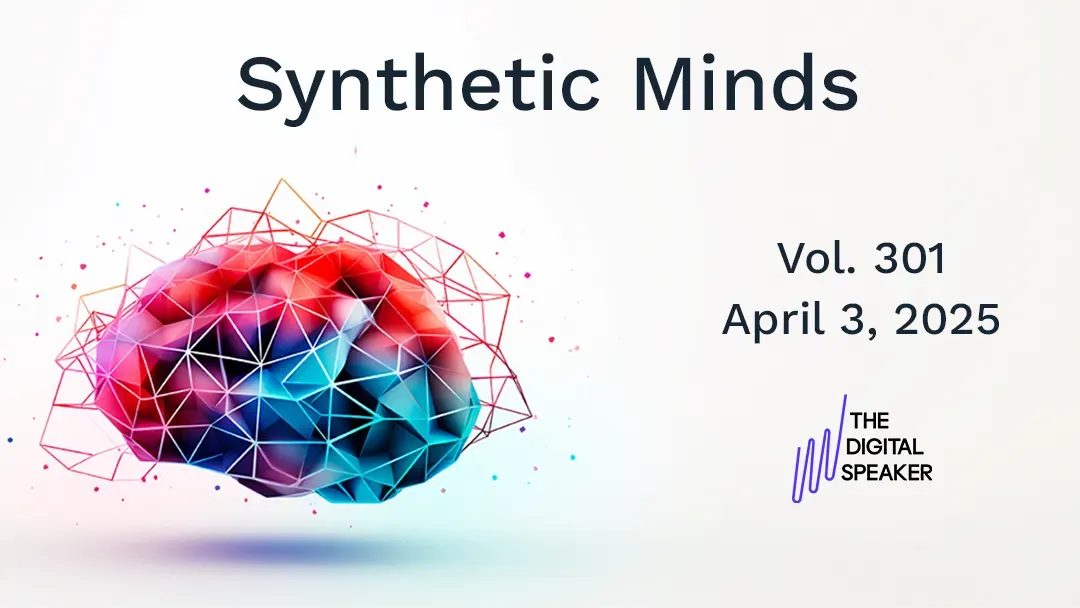Synthetic Minds | How Cycling 14,000 km Revealed the Secret to Thriving in an Exponential World
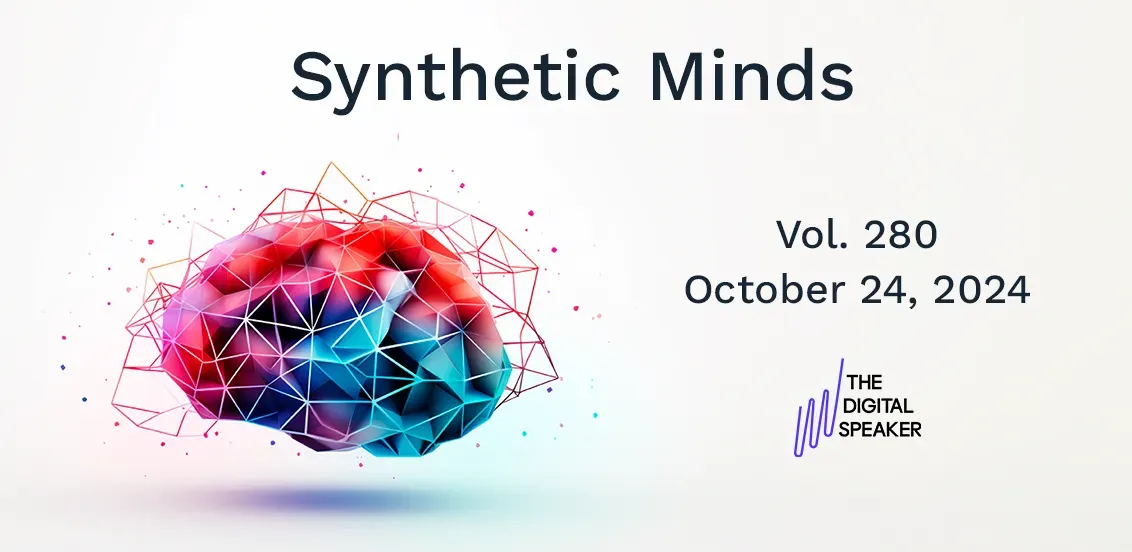
'Synthetic Minds' continues to reflect the synthetic forces reshaping our world. This week’s newsletter explores the surprising lessons I learned from cycling >14.000 km in 100 days, as well as the upcoming danger of hyper-realistic deepfakes interacting with you on social media. The future is exciting and frightening!
❤️ If you’ve enjoyed my insights and it gave you a glimpse into the future, the best compliment is a referral! Know someone ready to navigate the next frontier of AI and innovation? Send them my way—I’ll help them unlock tomorrow, today.❤️
Cycling 14,000 km Taught Me the Secret to Thriving in a Rapidly Changing World
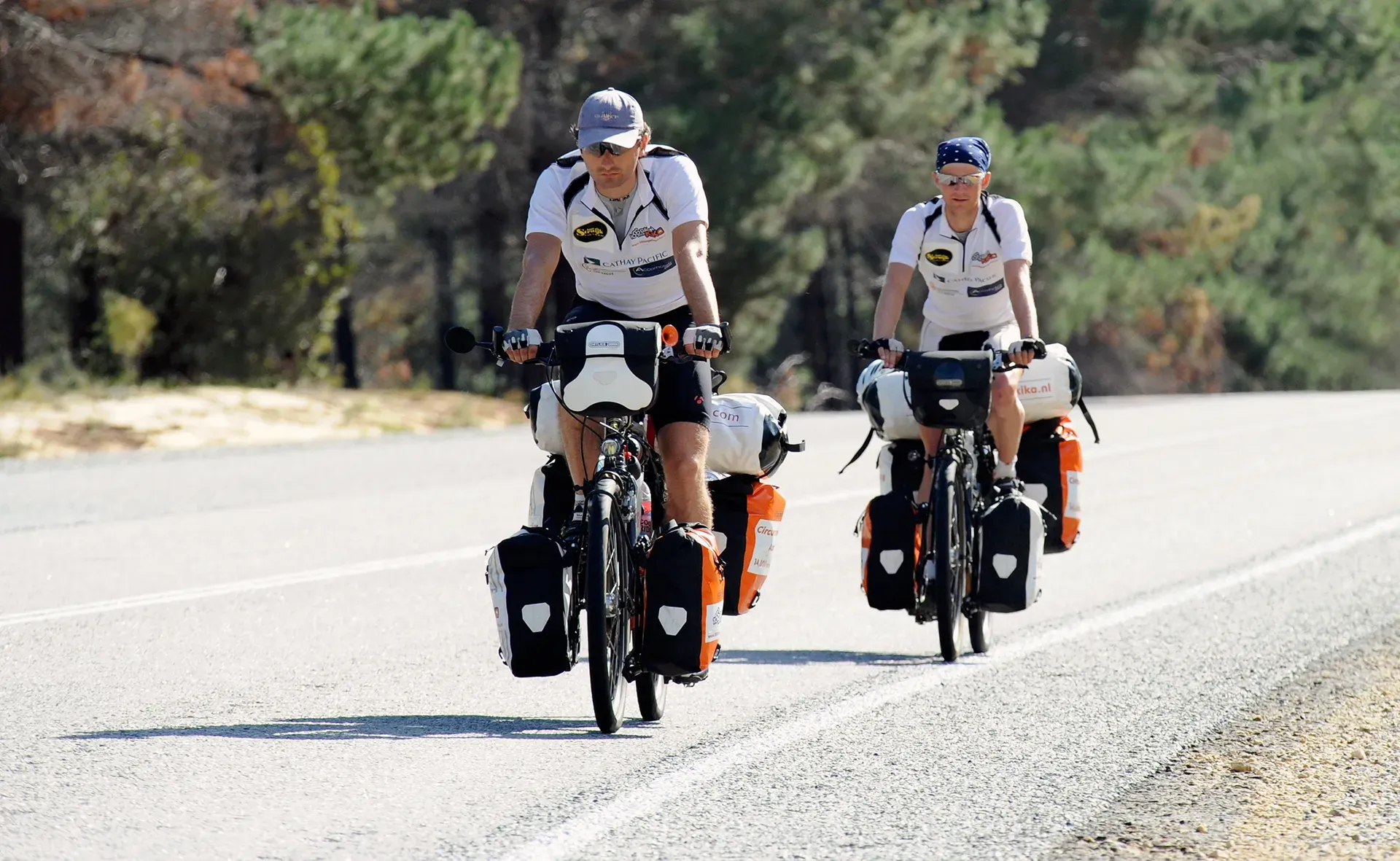
My latest article
In 2011, 𝗜 𝗰𝘆𝗰𝗹𝗲𝗱 𝟭𝟰,𝟭𝟮𝟮 𝗸𝗺 𝗮𝗿𝗼𝘂𝗻𝗱 𝗔𝘂𝘀𝘁𝗿𝗮𝗹𝗶𝗮 𝗶𝗻 𝟭𝟬𝟬 𝗱𝗮𝘆𝘀, a journey that transformed more than my legs—it reshaped how I approach challenges. Only now have I been able to connect the dots to my current role as a futurist 🚲
Cycling >14,000 km through the Australian outback wasn’t just a physical challenge; it was a blueprint for thriving in an unpredictable, rapidly changing world. And we also raised nearly €25.000 for Stichting Kinderen Kankervrij (KiKa).
Every day on the road tested our resilience, demanding discipline, focus, and adaptability—principles that apply just as much to navigating emerging technologies as they do to surviving the Nullarbor Plain.
Reinier van Dieren and I faced scorching heat, equipment failures, and the mental strain of endless hours on the road, but these trials were essential lessons.
We learned that success isn’t about conquering challenges alone but leaning on community and embracing the journey one step (or pedal stroke) at a time.
👉 Mental resilience is key when facing relentless challenges.
👉 Adaptability is non-negotiable in unpredictable environments.
👉 Community support can turn overwhelming obstacles into manageable tasks.
As I look back, I realize that the journey taught me not just how to endure but how to thrive—much like what’s needed to embrace the future’s uncertainties.
Success, in business or life, isn’t just a destination. It’s about building the right mindset to handle whatever lies ahead—one challenge, one decision, one pedal stroke at a time.
Synthetic Snippets: Quick Bytes for Your Synthetic Mind
Quick, curated insights to feed your quest for a better understanding of our evolving synthetic future. The below is just a small selection of my daily updates that I share via The Digital Speaker app. Download and subscribe today to receive real-time updates. Use the coupon code SynMinds24 to receive your first month for free.
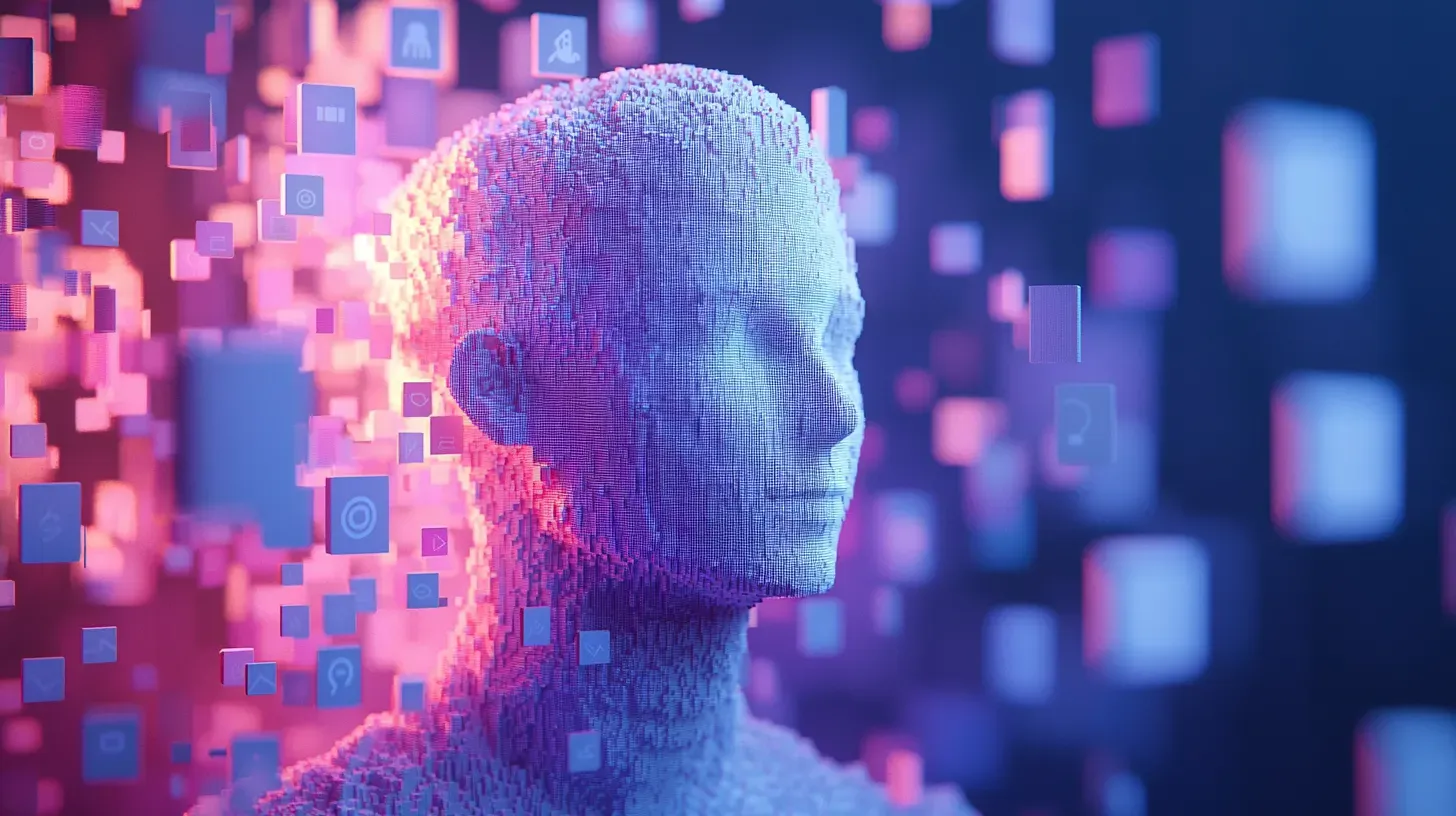
1. WHEN YOUR NEXT ONLINE FRIEND IS A PENTAGON-CRAFTED ILLUSION
The Pentagon is developing AI personas so realistic that even AI won’t detect the deception. Using advanced tech like StyleGAN, these fake identities include lifelike selfie videos and could infiltrate social platforms for covert ops. As AI deepfakes blur the line between reality and fabrication, it raises ethical concerns about trust in an increasingly deceptive digital world. (The Intercept)
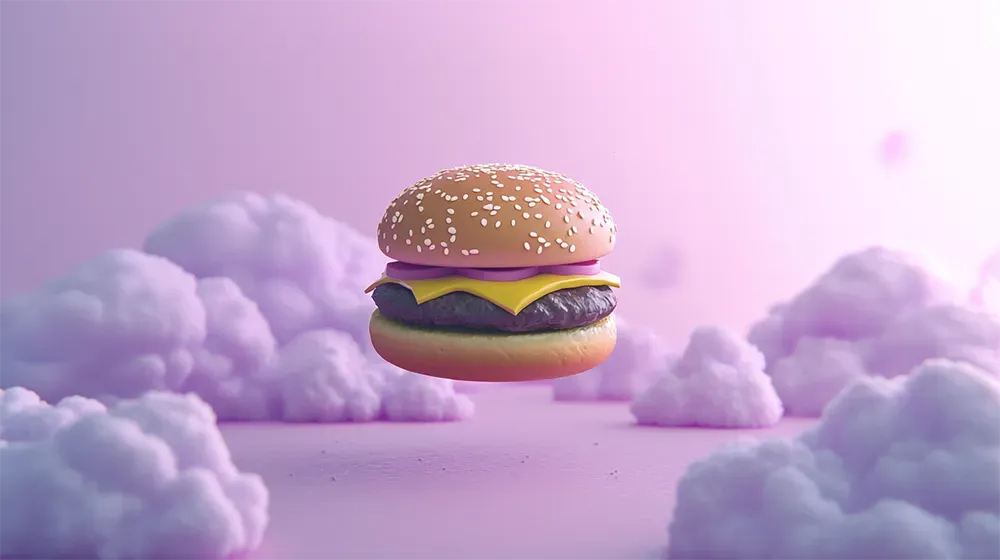
2. DINNER FROM THIN AIR: ARE WE READY TO EAT BACTERIA BURGERS?
Forget lab-grown meat—your next meal might come from bacteria that feed on carbon dioxide. Startups like Air Protein and Solar Foods are transforming carbon-hungry microbes into nutrient-packed protein powders, offering a sustainable alternative to traditional farming. With “Air Chicken” on the menu, the question is: will we embrace bacteria-based protein to meet global demand, or is it too strange to swallow? (MIT)

3. $700 BILLION: THE PRICE OF NATURE’S SURVIVAL
The world needs $700 billion a year to stop the biodiversity crisis, a fraction of global GDP and less than U.S. military spending. Most of it would fund sustainable agriculture, the top driver of deforestation. As COP16 approaches, the real question is: can we prioritize saving nature over short-term profits, or will politics keep us from acting? (Vox)
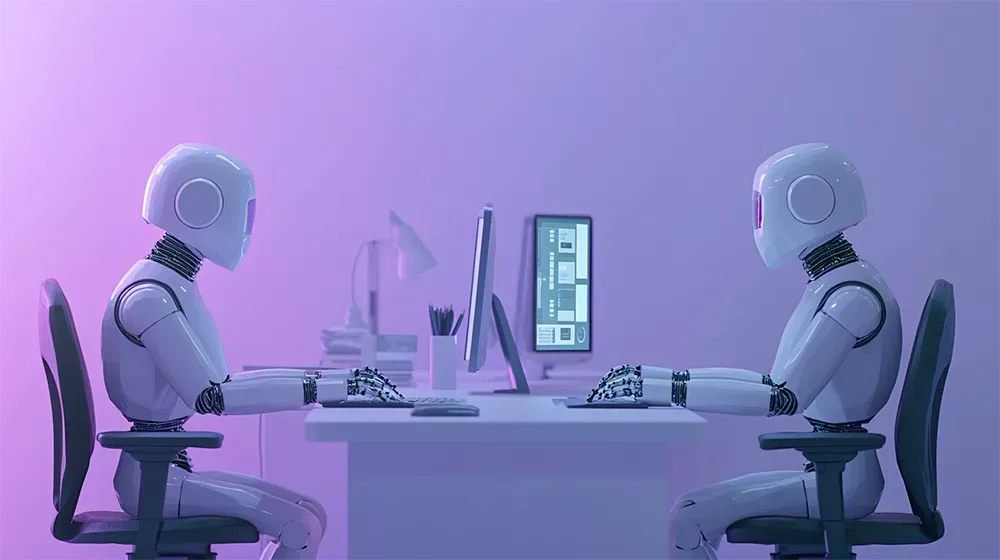
4. AI BUILDING AI: ARE WE JUST ALONG FOR THE RIDE?
What if the future of AI is AI building, talking to, and working for itself? Joe Procopio explores a world where AI clones other AI, bypasses open-source rules, and creates content solely for AI consumption, leaving humans as bystanders. With an AI-driven economy on the horizon, the real question is: will humans still matter in this self-sufficient AI ecosystem? (Inc.)
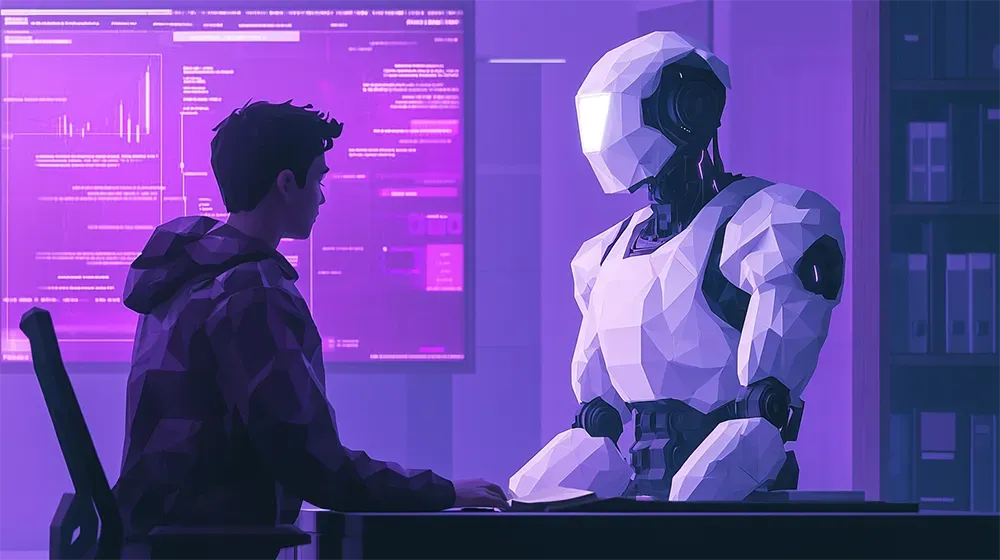
5. AI DETECTORS: REVOLUTIONIZING EDUCATION OR DESTROYING TRUST?
AI detection tools in education are causing more harm than good, flagging students’ work as AI-generated with shaky accuracy. Neurodivergent and ESL students are especially vulnerable, facing unfair consequences like academic probation. Instead of punishing AI use, we should teach students how to use it responsibly, preparing them for the future. Education needs empathy, not just automation, to avoid breaking trust. (Bloomberg)
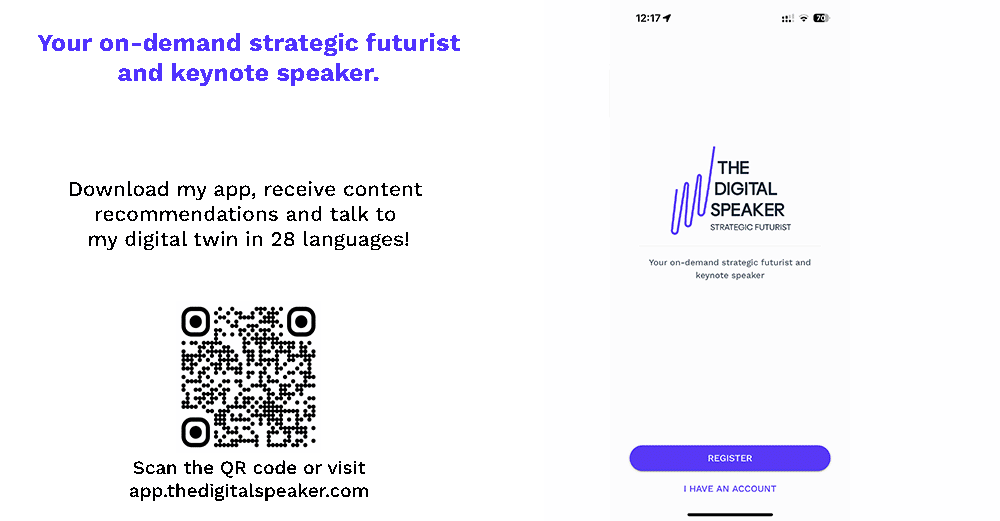
Download the full 2024 Top Ten Technology Trends Report
Know someone who needs the Synthetic Minds newsletter?
Forward it to someone who might like it, too.

